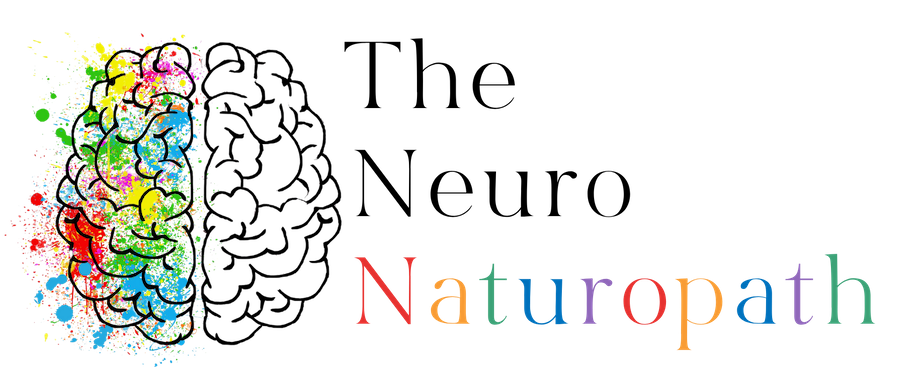A Natural Approach to ADHD
ADHD is something I am seeing more and more of in clinic these days, in not only children but adults as well. I see many children struggling with anxiety, shame, behaviour problems, sleep disturbance, concentration and focus. This is how ADHD can present itself. As a parent I know first hand how hard this can be to manage and I know how heartbreaking it can be to see your child suffer. Do you think your child might have ADHD? Are you worried about the side effects of medications? Are the medications not helping your child? Rest assured there are ways to naturally manage your child's ADHD symptoms.
What is ADHD?
ADHD or Attention-Deficit/Hyperactivity Disorder has historically been described as a neurodevelopmental disorder that primarily affects children but can persist into adolescence and adulthood. ADHD is characterized by a pattern of symptoms that can include inattention, hyperactivity, and impulsivity. These symptoms can significantly interfere with a person's daily functioning and quality of life.
The symptoms of ADHD can be grouped into two main categories:
Inattention: People with ADHD often have difficulty sustaining attention and following through on tasks. They may frequently make careless mistakes, have trouble organizing tasks and activities, struggle with listening and following instructions, and avoid or dislike tasks that require sustained mental effort. They may also be forgetful in daily activities.
Hyperactivity and Impulsivity: Includes symptoms such as restlessness, fidgeting, excessive talking, difficulty waiting their turn, and interrupting others. Hyperactivity is more common in children, while impulsivity may persist into adulthood.
It's important to note that the severity and combination of symptoms can vary from person to person. It can have a significant impact on various aspects of life, including school or work performance, relationships, and self-esteem.
The exact cause of ADHD is not known, but current research suggests that it not a disorder but a different neurotype that is more susceptible to inflammation, and environmental factors such as toxins, mould and nutrient deficiencies.
Medical Treatment for ADHD may include:
Behavioural Therapy: Cognitive behaviour therapy, psychological support & occupational therapy.
Medication: Medications, such as stimulants and anti depressants.
While medications may improve focus and concentration there are often significant side effects.
Natural Treatment for ADHD
So how do we treat ADHD symptoms naturally?
Optimise nutrient levels: Some common nutrient deficiencies I see in ADHD are Iron, Zinc, Magnesium, B Vitamins & Vitamin D.
Addressing symptoms such as anxiety, behaviour concerns, sleep, focus & concentration using herbs, nutrients and diet & lifestyle interventions. There is a growing body of evidence supporting the use of herbs and nutrients such as Bacopa, Ashwaghanda, Docosahexaenoic acid (DHA) and Magnesium in ADHD.
Identify & address underlying drivers of symptoms: this will vary from person to person and but we know ADHD children are often more prone to neuroinflammation, the effects of environmental toxins & heavy metals, mould, imbalance of gut microbiome, neurotransmitter imbalance, allergies.
ADHD can impact a child’s schooling, confidence and relationships. Naturopathy offers a relatively safe and effective option to improve behaviour, concentration & focus, sleep and reduce anxiety in children with ADHD.
Want to find out moree? Book a COMPLIMENTARY 20 minute Health Assessment.


